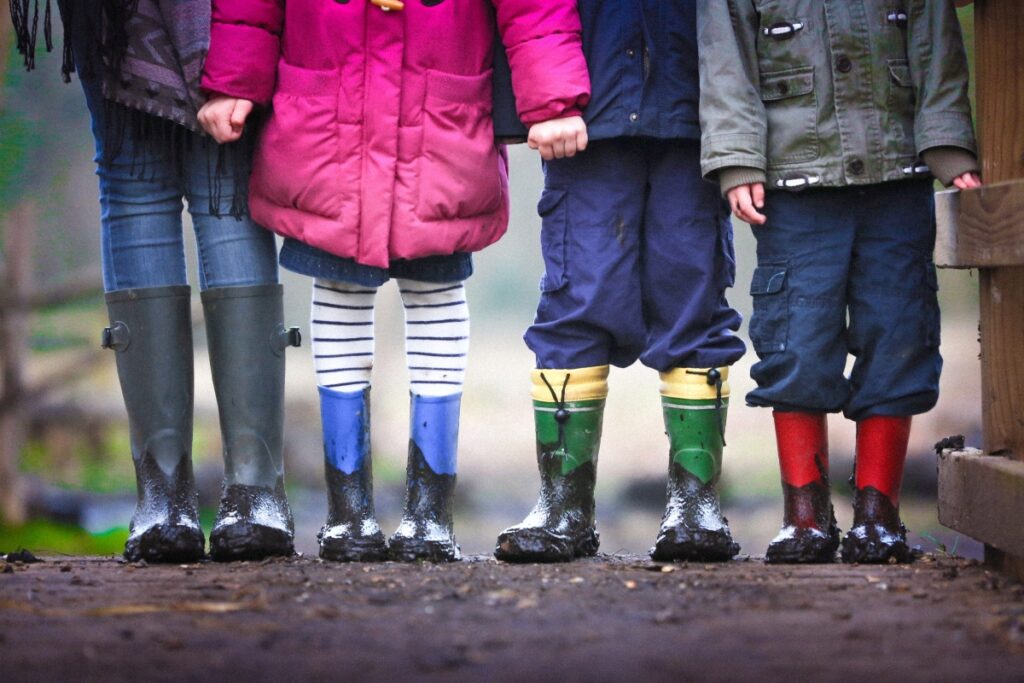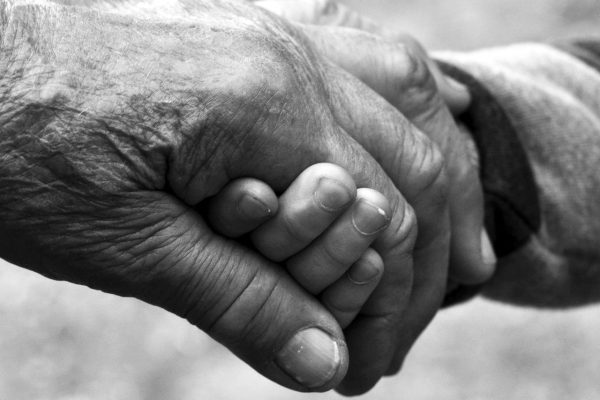The Wise Child: Who is considered wise?
As the 2021–22 school year started, students and teachers were expected to learn and teach as if nothing had happened over the previous school year. Education was supposed to be accelerated, and students were supposed to close the “learning gap” created by the less than ideal learning conditions of the previous two school years. The wise child is seen as the student who is able to bury their head in a book, complete all of their assignments, and meet and extend grade-level standards. But teachers, school staff, and parents need to check in with this child. Let’s remind ourselves to reach out to every child and ask: How are you feeling? What is challenging you? What is exciting you? How can I help you? Because the last three years have not been easy, even for the children who are acting like they have been.
The Wicked Child: Who is considered wicked?
The pandemic meant that students had to forge friendships online, rather than in person. They had to navigate school and home life together in one space. They forfeited celebrating important milestones. The wicked child is seen as the student who talks back, pushes boundaries, is rude to their teachers and peers, and needs to be reminded over and over of their grade-level expectations. But really, this child needs love and attention. The last several years have not been fair and kind to our students, and they need support in figuring out how to slowly re-enter into our (problematic) society. And they should be celebrated for pushing back against the status quo.
The Simple Child: Who is considered simple?
Over the course of the 2021–22 school year, it has often been said that this is the first normal one since 2018–19. That means that for fifth-graders, their last normal year of school was second grade. However, this school year has not been normal. Most students experienced some form of hybrid or continued remote education; students in Chicago saw classes canceled for several weeks while their teachers fought for their health and safety; and students around the country feared for their health and the health of their family members. The simple child might be seen as someone who doesn’t care about the pandemic, who takes their mask off, who doesn’t seem affected by the past few years. But everyone has been affected by the pandemic, and it is our responsibility as teachers to support our students in navigating their complex feelings about the pandemic, even if they seem apathetic.
The Child Who Does Not Know How to Speak: How do we still listen to their voice?
Students who immigrated to the United States in 2019 started school just before the pandemic began. It was not easy for them to learn English remotely. They came to school in the fall of 2021 with the expectation that they would be able to complete grade-level work. It is important to remember to be patient with these children. It’s not easy to learn a new language. It is especially difficult during a pandemic, when there are not easy ways to practice and engage with the language in lots of different ways. So, let’s remember to give these students opportunities to share and celebrate their home languages, and be patient with them as they grapple with English.












